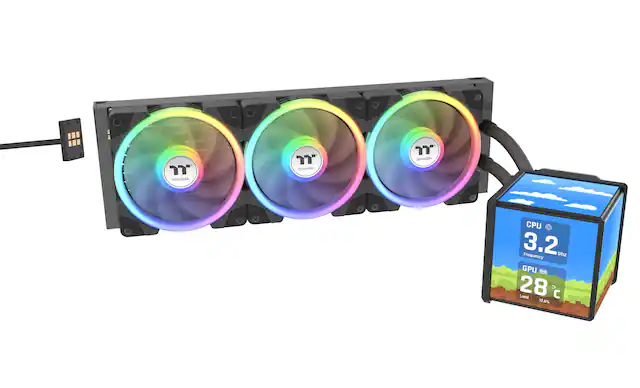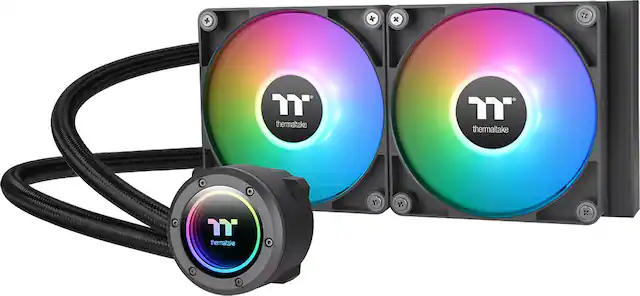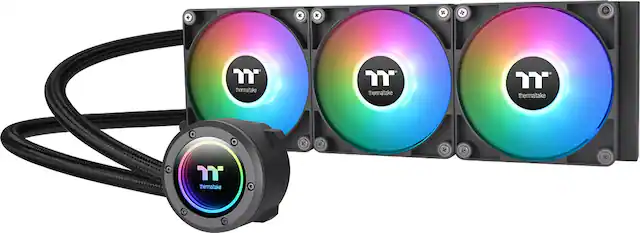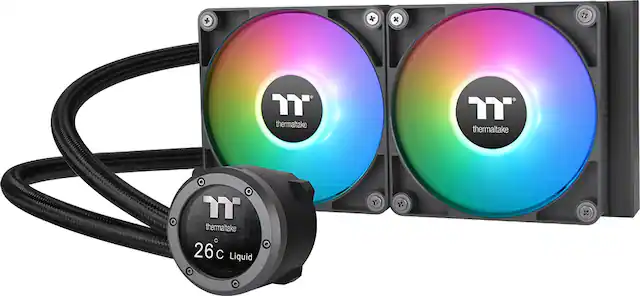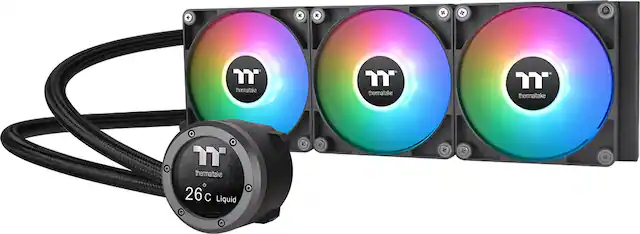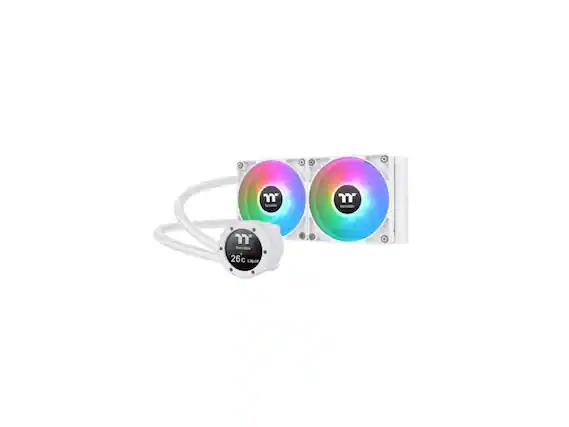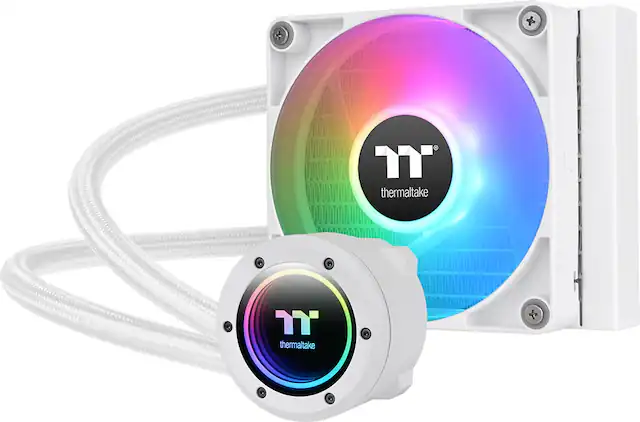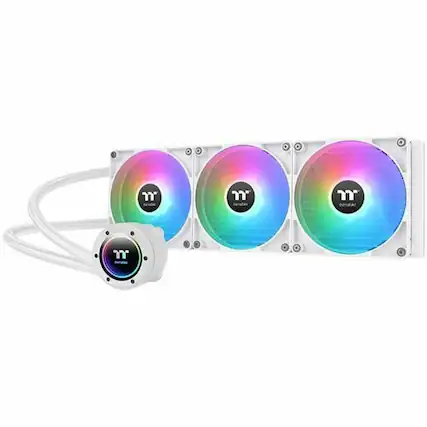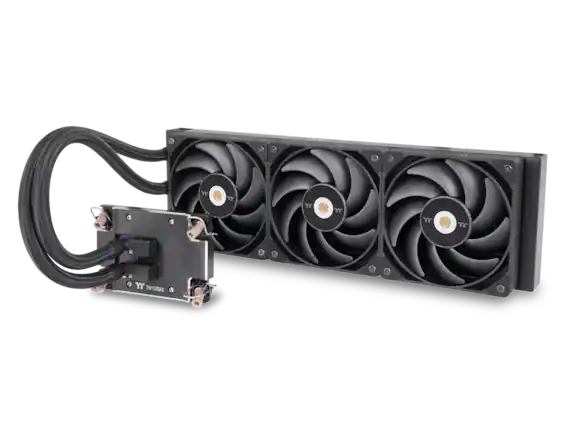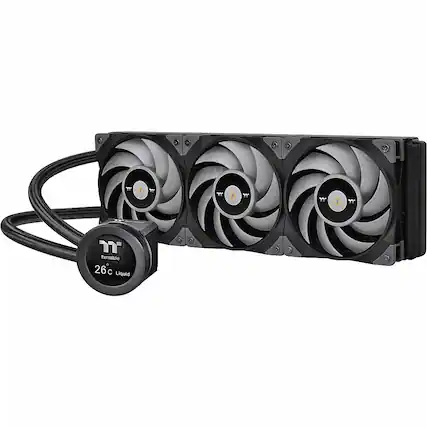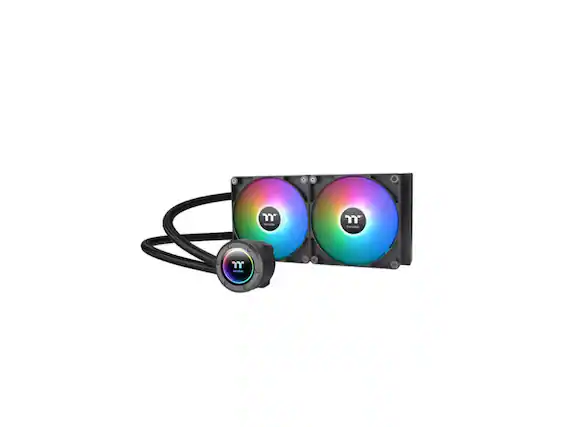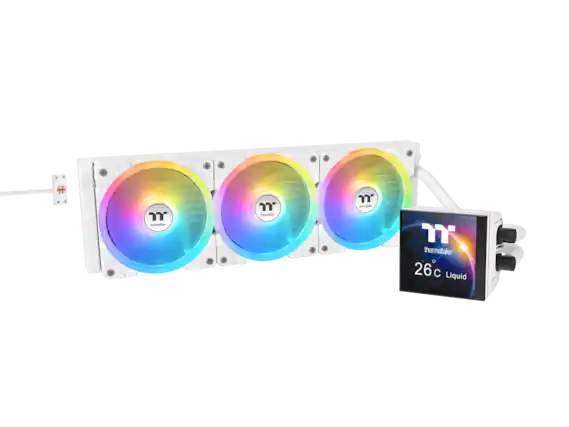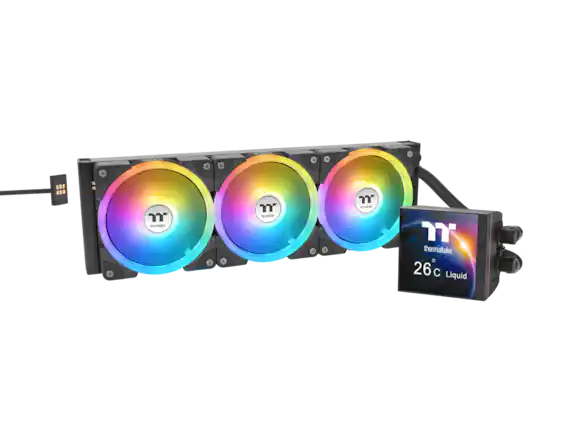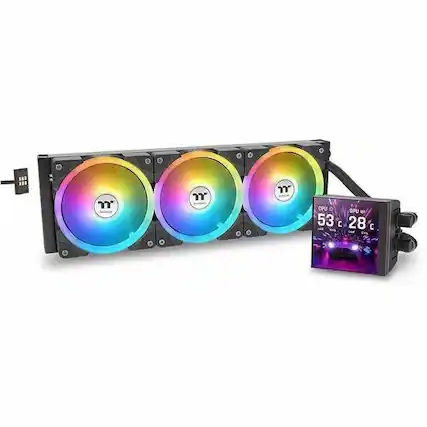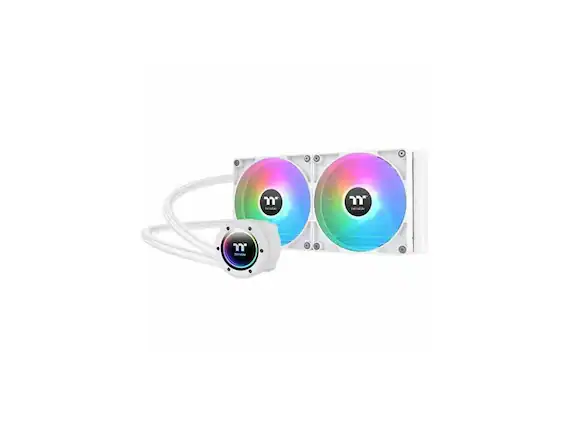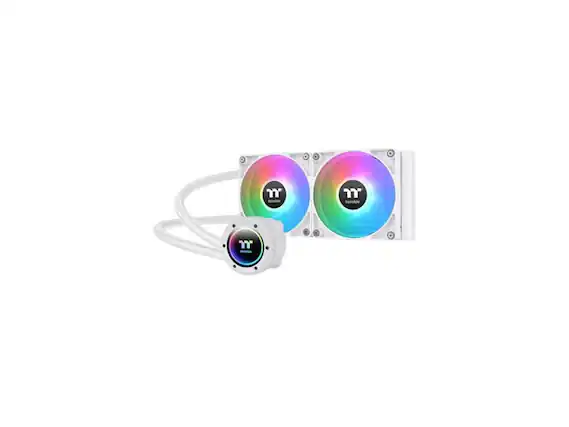Water Cooling
(21)Sort by:
Best Selling
- $344.99Save $55Comp. Value: $399.99suggested payments with 12‑Month Financing$28.75/mo.
Get it by Tue, Mar 10 • FREE
- $69.99Save $10Comp. Value: $79.99
Pick up today
Get it tomorrow • FREE
- $74.99Save $25Comp. Value: $99.99
Pick up Fri, Mar 13
Get it by Wed, Mar 11 • FREE
- $99.99Save $30Comp. Value: $129.99
Pick up Fri, Mar 13
Get it by Wed, Mar 11 • FREE
- $119.99Save $45Comp. Value: $164.99
Pick up Fri, Mar 13
Get it by Wed, Mar 11 • FREE
- $139.99
Pick up Fri, Mar 13
Get it by Wed, Mar 11 • FREE
- $139.99Save $60Comp. Value: $199.99
Pick up Fri, Mar 13
Get it by Wed, Mar 11 • FREE
- $143.22
Get it by Tue, Mar 10 • FREE
- $344.99Save $55Comp. Value: $399.99suggested payments with 12‑Month Financing$28.75/mo.
Get it by Tue, Mar 10 • FREE
- $69.99Save $10Comp. Value: $79.99
Pick up Fri, Mar 13
Get it by Tue, Mar 10 • FREE
- $152.13Save $8.51Comp. Value: $160.64
- $440.32suggested payments with 12‑Month Financing$36.70/mo.
Get it by Tue, Mar 10 • FREE
- $229.99
Pick up Fri, Mar 13
Get it by Wed, Mar 11 • FREE
- $115.05Save $11.28Comp. Value: $126.33
- $256.12
Get it by Tue, Mar 10 • FREE
- $260.73
Get it by Wed, Mar 11 • FREE
- $282.46
Get it by Wed, Mar 11 • FREE
- $124.23
Get it by Fri, Mar 13 • FREE
- $153.91
Get it by Tue, Mar 10 • FREE
1-18 of 21 items
Similar products from outside of Best Buy
sponsored
